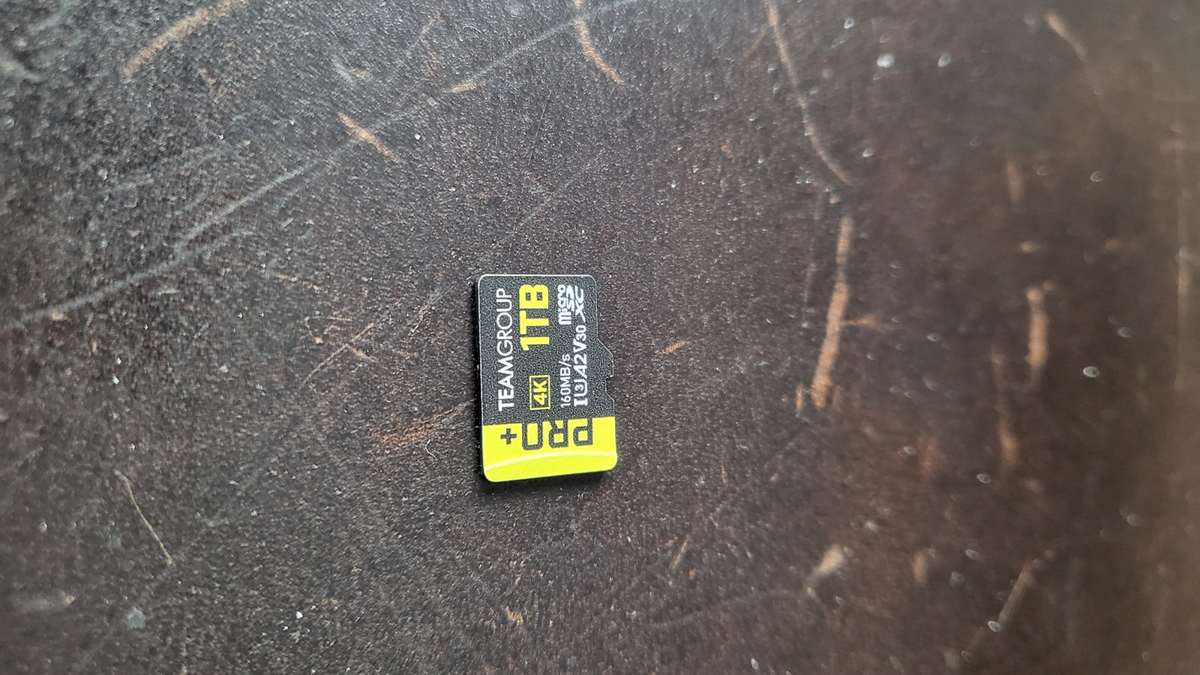Teamgroup has introduced its latest microSD card, the Pro+, catering to those in need of high-performance removable storage. The Pro+ joins Teamgroup’s lineup of microSD cards including the Elite, Go, Expert, and Gamer models. While the Pro+ boasts impressive read/write speeds on paper, it fails to deliver in real-life performance, falling behind competitors such as Silicon Power Superior. Additionally, the Pro+ comes at a premium price compared to other options in the market.
The Teamgroup Pro+ is currently available for purchase in the US, UK, and Australia. It is offered in capacities ranging from 128GB to 1TB, with a 1.5TB model expected to be released in 2024. Multi-pack options are also available, with the 1TB card being sold individually or in pairs at a slightly discounted price.
In benchmark tests, the Teamgroup Pro+ performed lower than expected, achieving read speeds of 80-84.25 MB/s and write speeds of 79-82.25 MB/s. This falls far short of the advertised read speed of 160 MB/s and write speed of 110 MB/s. It should be noted that these higher speeds could potentially be achieved with professional card readers, but not with internal readers found in consumer-grade devices.
The specifications of the Teamgroup Pro+ include a size of 71.5 x 43.5 x 8mm, a weight of 1g, and an enclosure made of plastic. It utilizes QLC technology and comes with a lifetime warranty. The card does not come with any software bundle.
For those considering the purchase of the Teamgroup Pro+, alternative options include the Silicon Power Superior, Sandisk Extreme Pro, and Gigastone. The Silicon Power Superior is highly recommended as the best value for money microSD card and remains the cheapest 1TB option in the market. Gigastone is a lesser-known brand with limited independent reviews, but offers a 5-year free data recovery offer. The Sandisk Extreme Pro, although more expensive than the Pro+, received an editor’s choice award three years ago but may not offer the same value for money as newer options.
To test the Teamgroup Pro+, it was formatted to exFAT and subjected to various benchmark tests including CrystalDiskMark, Atto, AS SSD, and AJA. These tests measure read/write speeds and provide a rough idea of real-life performance. Additionally, a folder of files totaling approximately 10GB was transferred to evaluate actual performance. The tests were conducted using a Startech USB Type-C card reader connected to a Honor MagicBook laptop.

I have over 10 years of experience in the cryptocurrency industry and I have been on the list of the top authors on LinkedIn for the past 5 years.

